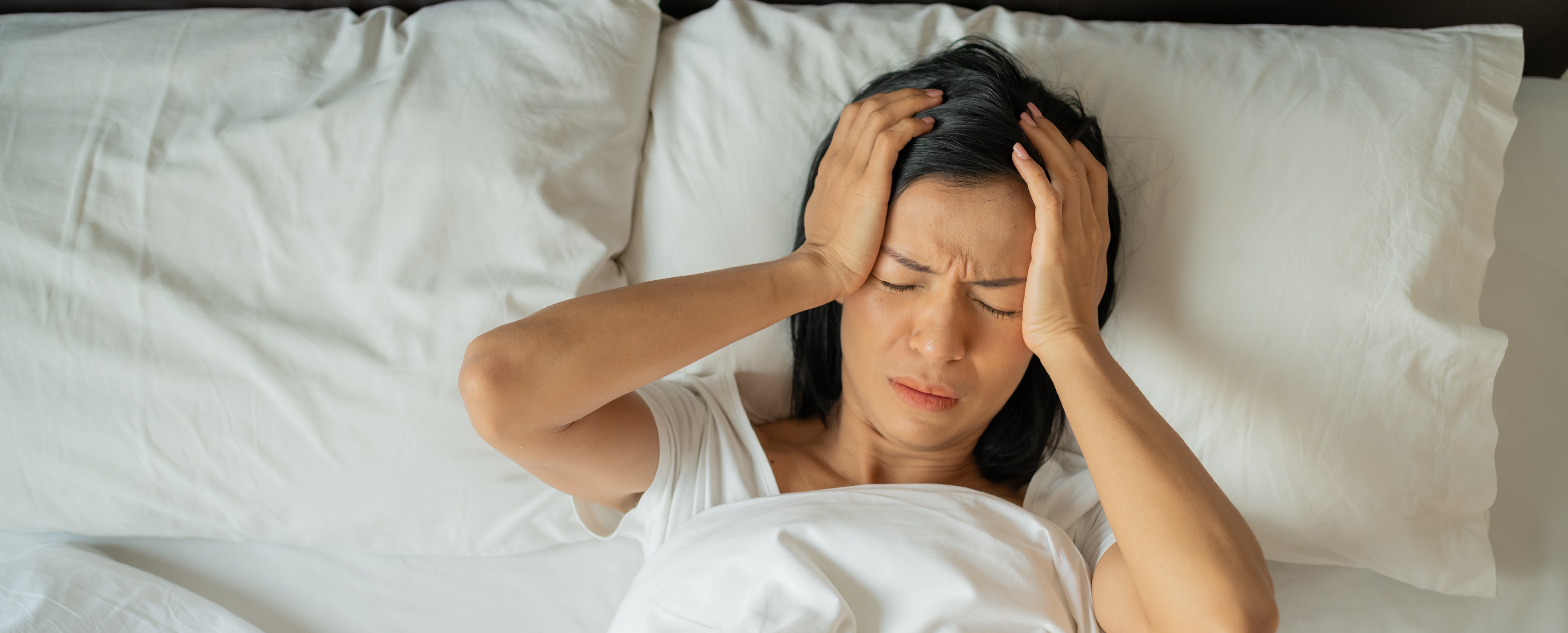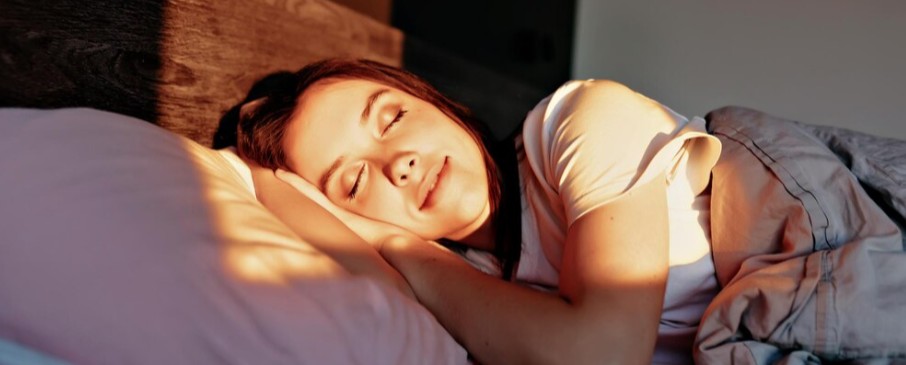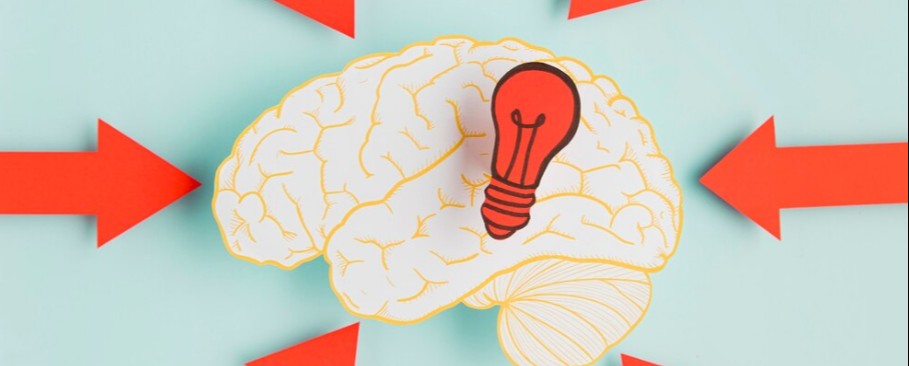
Understanding the Link Between Sleep and Mental Health

Understanding the Link Between Sleep and Mental Health
Quality sleep is not just a luxury; it is a fundamental pillar of good health, crucial for physical, emotional, and mental well-being. The relationship between sleep and mental health is intricate and multifaceted, with each influencing the other in profound ways.
The Bidirectional Relationship
The relationship between sleep and mental health is bidirectional, meaning that each affects the other. When sleep is disrupted or inadequate, it can have a significant impact on mental health, exacerbating existing conditions or even contributing to the development of new ones. Conversely, mental health disorders such as anxiety, depression, and bipolar disorder can disrupt sleep patterns, leading to insomnia, hypersomnia, or other sleep disorders.
The Impact of Poor Sleep on Mental Health
1. Cognitive Function: Adequate sleep is essential for optimal cognitive function, including memory consolidation, problem-solving abilities, and decision-making skills. Chronic sleep deprivation can impair these cognitive processes, leading to difficulties in concentration, learning, and reasoning.
2. Emotional Regulation: Sleep plays a crucial role in regulating emotions. Sleep deprivation can exacerbate negative emotions such as irritability, anger, and sadness while diminishing positive emotions. This emotional dysregulation can contribute to the development or exacerbation of mental health disorders, particularly mood disorders like depression and anxiety.
3. Stress Response: Sleep deprivation can amplify the body's stress response, increasing levels of cortisol, the stress hormone. Elevated cortisol levels not only contribute to feelings of anxiety and agitation but also disrupt sleep further, creating a vicious cycle that can be challenging to break.
Mental Health Disorders and Sleep Disturbances
1. Insomnia: Insomnia, characterized by difficulty falling asleep, staying asleep, or waking up too early, is closely linked to various mental health disorders, including depression, anxiety, and post-traumatic stress disorder (PTSD).
2. Depression and Hypersomnia: While insomnia is commonly associated with depression, some individuals with depression experience hypersomnia, or excessive daytime sleepiness. Disrupted sleep, including decreased REM sleep, is often observed in individuals with depression.
3. Anxiety and Sleep Disturbances: Anxiety disorders frequently co-occur with sleep disturbances, such as difficulty falling asleep, restless sleep, and frequent awakenings throughout the night. Persistent worry and rumination can interfere with the ability to relax and fall asleep.
Strategies for Improving Sleep and Mental Health
1. Establish a Consistent Sleep Schedule: Going to bed and waking up at the same time each day, even on weekends, helps regulate the body's internal clock and promotes better sleep quality.
2. Create a Relaxing Bedtime Routine: Engage in calming activities before bed, such as reading, gentle stretching, or meditation, to signal to your body that it is time to wind down.
3. Limit Exposure to Screens: The blue light emitted by electronic devices can interfere with the production of melatonin, the hormone that regulates sleep-wake cycles. Avoid screens at least an hour before bedtime.
4. Practice Stress Reduction Techniques: Incorporate relaxation techniques such as deep breathing, progressive muscle relaxation, or mindfulness meditation into your daily routine to reduce stress and promote better sleep.
5. Seek Professional Help: If sleep disturbances persist despite self-help strategies, consider seeking guidance from a healthcare professional at Chearful. Cognitive-behavioural therapy for insomnia (CBT-I) is highly effective in treating sleep disorders.
Conclusion
The link between sleep and mental health is undeniable, with each exerting a profound influence on the other. Prioritizing good sleep hygiene and addressing sleep disturbances can play a vital role in maintaining and improving mental well-being. Individuals can take proactive steps towards achieving optimal holistic wellness by recognising the bidirectional relationship between sleep and mental health and implementing strategies to support healthy sleep habits.
Articles
Build your awareness and get inspired with our researched articles on how you can strengthen your well-being
Popular Topics
An OTP has been sent to the email address
provided.
Please check your Inbox and Spam folders.

What Would You Like to Speak with a Specialist About?
Mental Fitness Journey starts Now!
Chearful Connects you with Top-tier Qualified Wellness specialists for the Price of a cup of Coffee!

Next Steps
- A Client Team member will reach out to you to schedule a session with the most suitable specialist.
- You will receive an email with a 10% Discount Code* for your 1st session.
- We invite you to Explore the Platform & Sign Up today! *Upto a maximum of $10 discount on a session purchased




 1327 Read
1327 Read






























